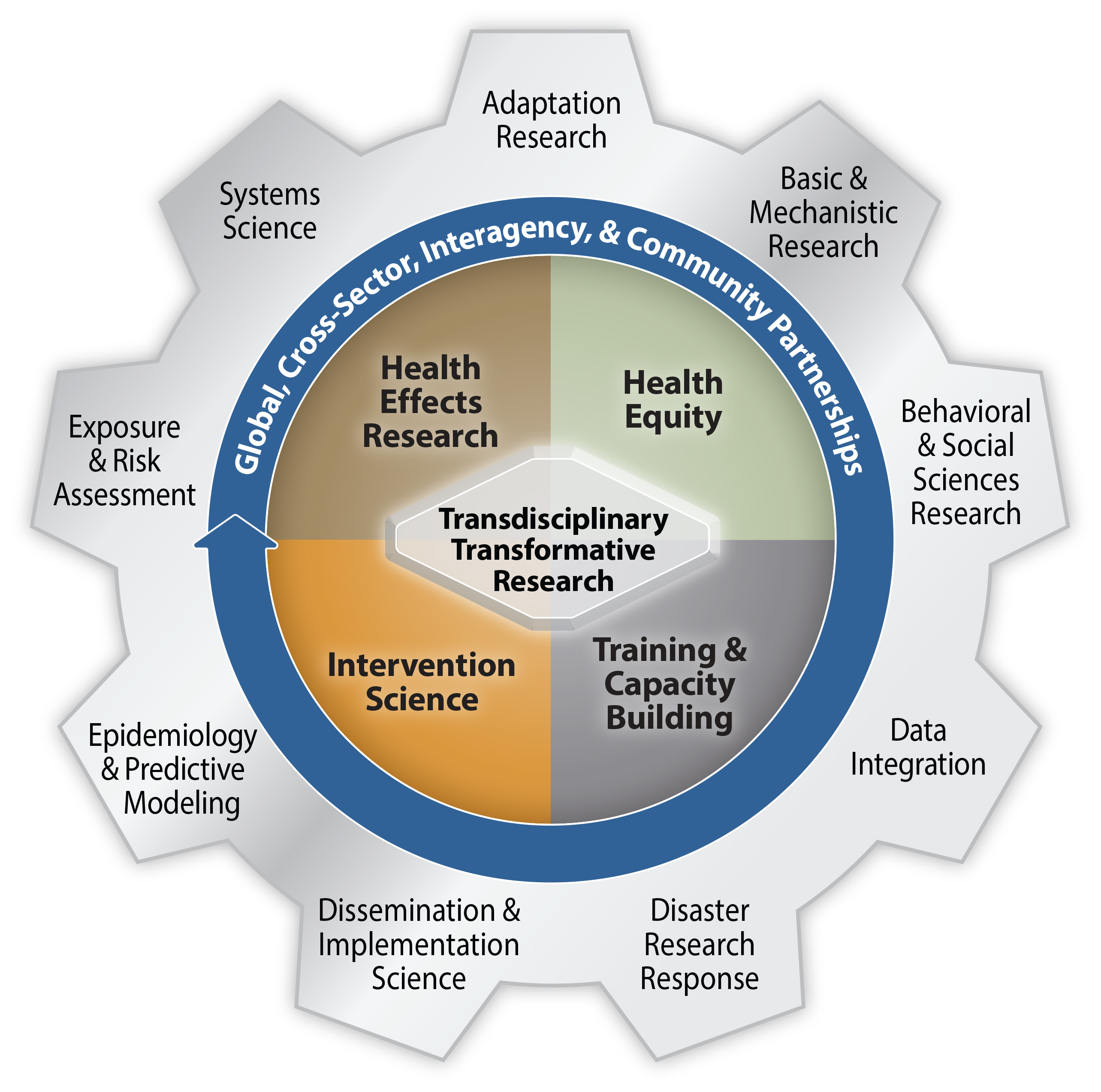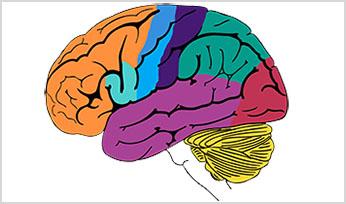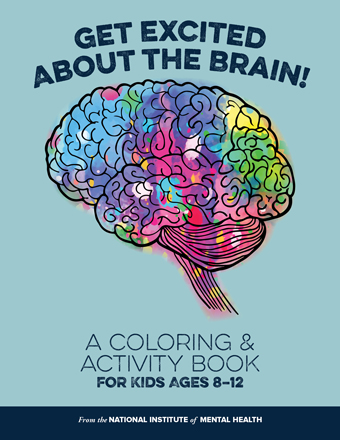
The Neurobiology of Dread National Institutes of Health (NIH)
Everyone has to make decisions involving potential gains and losses. It's not always just a rational choice of what we think will bring the better outcome, though. When the outcome's delayed, the feeling we call dread can make a choice considerably more complex. A new study supported by NIH's National Institute on Drug Abuse (NIDA) shows that people who experience substantial dread about an unpleasant experience can be biologically distinguished from those who don't dread it as much. Understanding how people make choices when faced with unpleasant outcomes may yield insights into how to develop ways to counter behaviors that have harmful effects such as drug abuse.

Treating Health Anxiety and Fear of Death: A Practitioner's Guide (Series in Anxiety and Related Disorders): 9781441922489: Medicine & Health Science Books @

Impact of NIH Research National Institutes of Health (NIH)

OLPA National Institutes of Health (NIH)

National Institute of Mental Health (NIMH) (@NIMHgov) / X
An Examination of Child and Adolescent Neurodevelopment Through National Institutes of Health Studies - Nora D. Volkow, Joshua A. Gordon, George F. Koob, Linda S. Birnbaum, Janine A. Clayton, Walter J. Koroshetz

Climate Change and Health National Institutes of Health (NIH)

Neurological Health Equity: Research for All

NIH launches program to map a rare type of non-dividing cells

Brain Basics National Institute of Neurological Disorders and Stroke

Get Excited About the Brain! - National Institute of Mental Health

National Institutes of Health - Wikipedia








